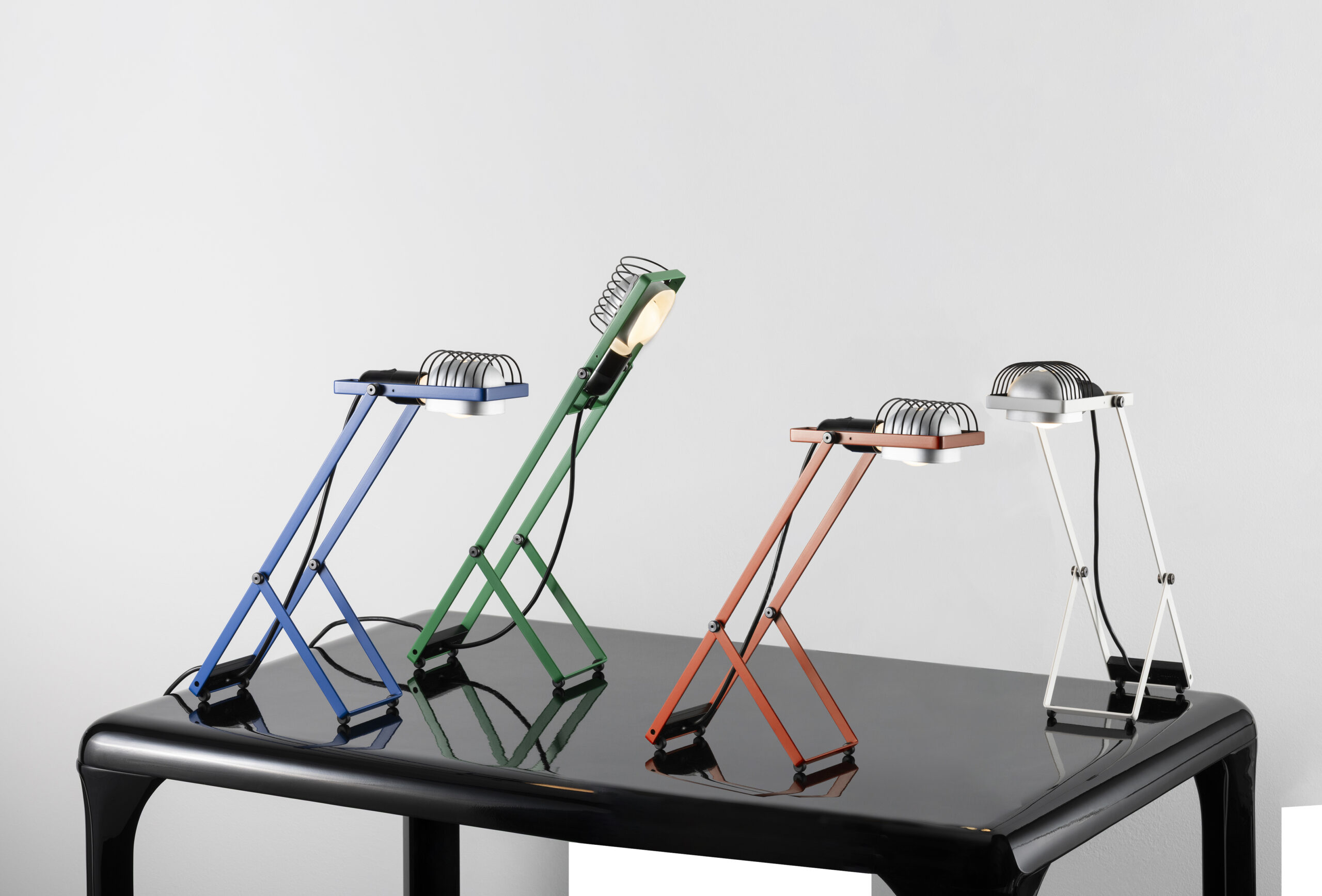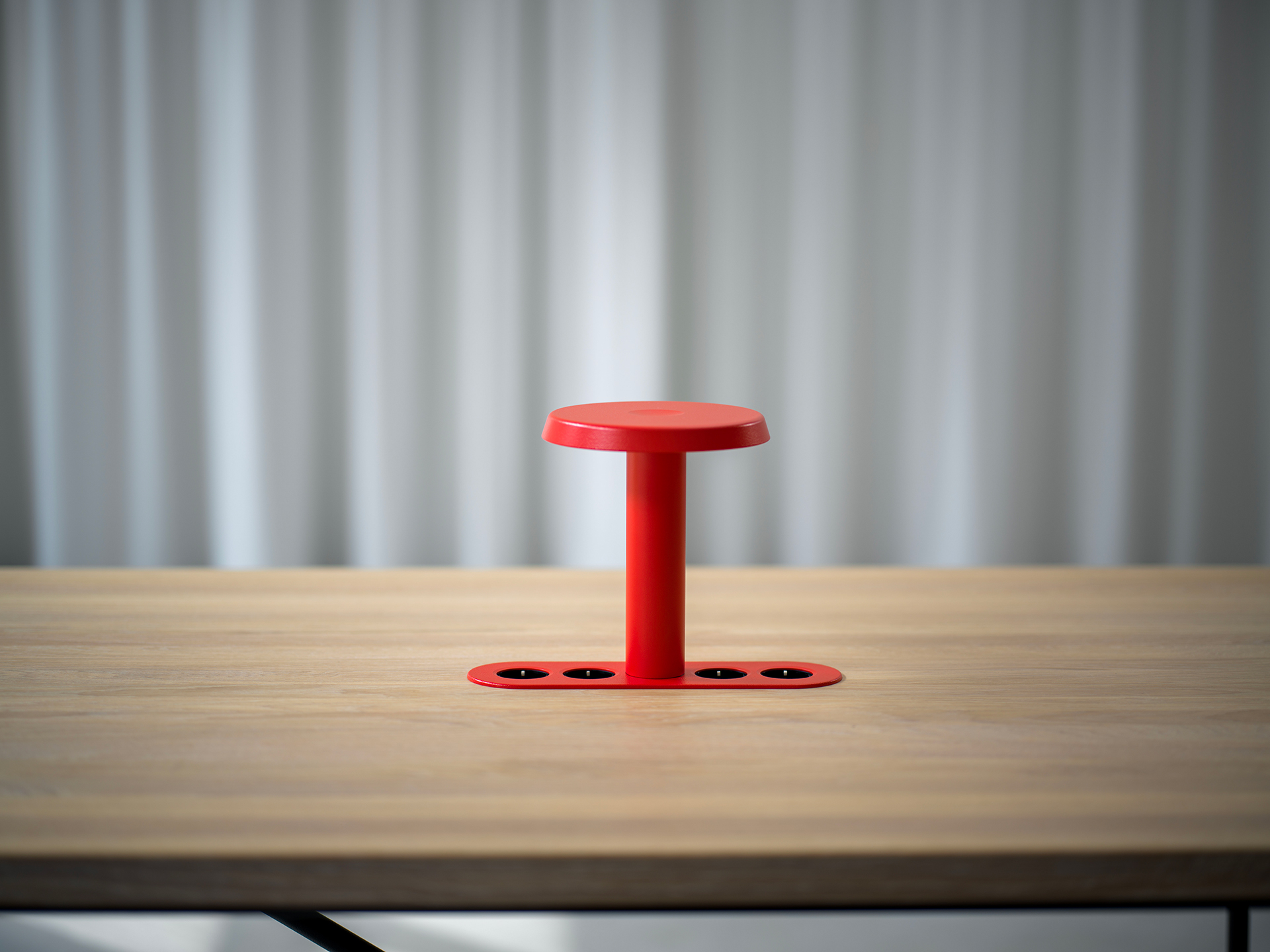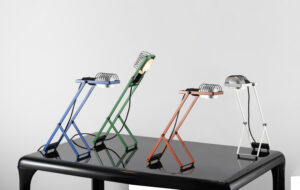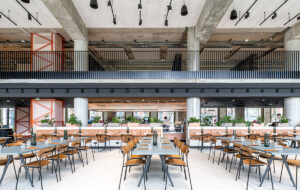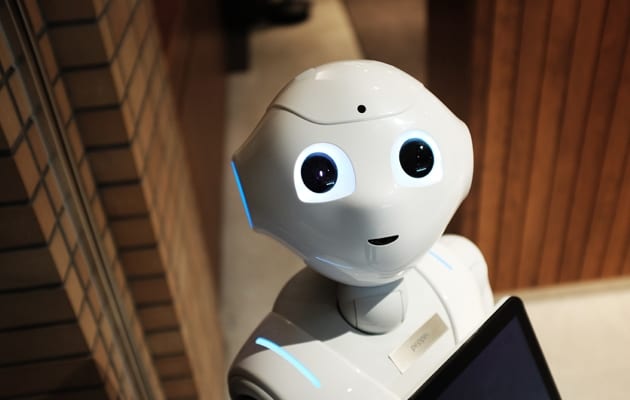 |||
|||
Artificial intelligence (AI) is frequently positioned as a threat to human work. We are now constantly looking over our shoulders wondering when the newest algorithm will make our next decision or marginalise us to such an extent that our jobs disappear. The work that is 100% conducted by humans will decrease by 15 percentage points in the next three years, making just 22% of jobs entirely human, according to a global survey by brokering and insurance company Willis Towers Watson.
It is precisely these statistics that reinforce our apprehension about AI, but is elimination of jobs the only option? When new human-centric tasks are created every day, is there an opportunity for AI to augment human performance and productivity? George Zarkadakis of Willis Tower Watson, a keynote speaker at the recent Worktech London 2018 conference, thinks so. His firm’s survey suggests AI is augmenting rather than eliminating human performance, leading to the reinvention of some jobs.
Where the past ten years have focused on social, mobile and cloud spheres, the next ten will look at the collision of AI, blockchain and IoT (internet of things). Independent, variable tasks such as marketing strategies and the design of data boards can be augmented by AI, while employees retrain as data analysts and upskill to work more efficiently within organisations.
But it’s not only the employees who have to be agile and make room for AI; there must be restructuring at the organisational scale. In order to be more agile, companies need to shift from a hierarchical structure into several micro businesses formed of networks of business and software teams. This will allow companies to communicate more effectively and create more organic alignments between different business lines.
The introduction of AI means the entire relationship between people and jobs will evolve. The new relationship involves talent, work, AI and automation. Traditionally an individual looked for a job that matched their skillset and experience, whereas the new model looks at internal and external talent to fit with a particular task based on a variety of experiences and skills while AI becomes a “work partner” to help complete repetitive cognitive tasks.
This model is already disrupting the typical employee lifecycle. Instead of seeking longevity and success in a specific career, people are measuring success through experience and through their ability to be agile in the face of change.
This shift has made an impact on the job market as the rise of the gig economy has made freelance talent more readily available. Organisations can hire and pay talent on a project basis, while individuals have a broader spectrum of tasks and projects which they can choose to work on.
The changing nature of the work does come with its challenges, however. The emphasis for an organisation has always been on the customer marketing brand and the client experience, but as the talent pool becomes more thinly spread and fickle, the emphasis is shifting to employer brand and employee experience. Organisations who do not present themselves as trustworthy, reliable or even good corporate citizens won’t get a look in with emerging talent. Equally, if companies don’t provide an easy and enjoyable employee experience, they will also struggle to get the best talent.
The best employee experiences merge physical and digital environments. Yet as we become more digital, there are cultural repercussions. Artificial intelligence means more data-driven decision-making, which in turn allows AI-driven automated workflows to augment problem-solving ability. This opens the platform for collaboration and innovation between employees.
In a time where there is a lot of scepticism around the impact of AI, which is fuelled by reams of shock headlines and disheartening statistics, do we actually get the whole picture? Instead of looking over our shoulders in fear that our jobs will be stolen by the march of AI, machine learning and robotics, we should embrace the changes and opportunities that come with them. Augmentation, not elimination, could yet be the new storyline.
First, don’t panic, says Philip Ross. The rise of artificial intelligence will change our relationship with work – but we don’t need to fear it


